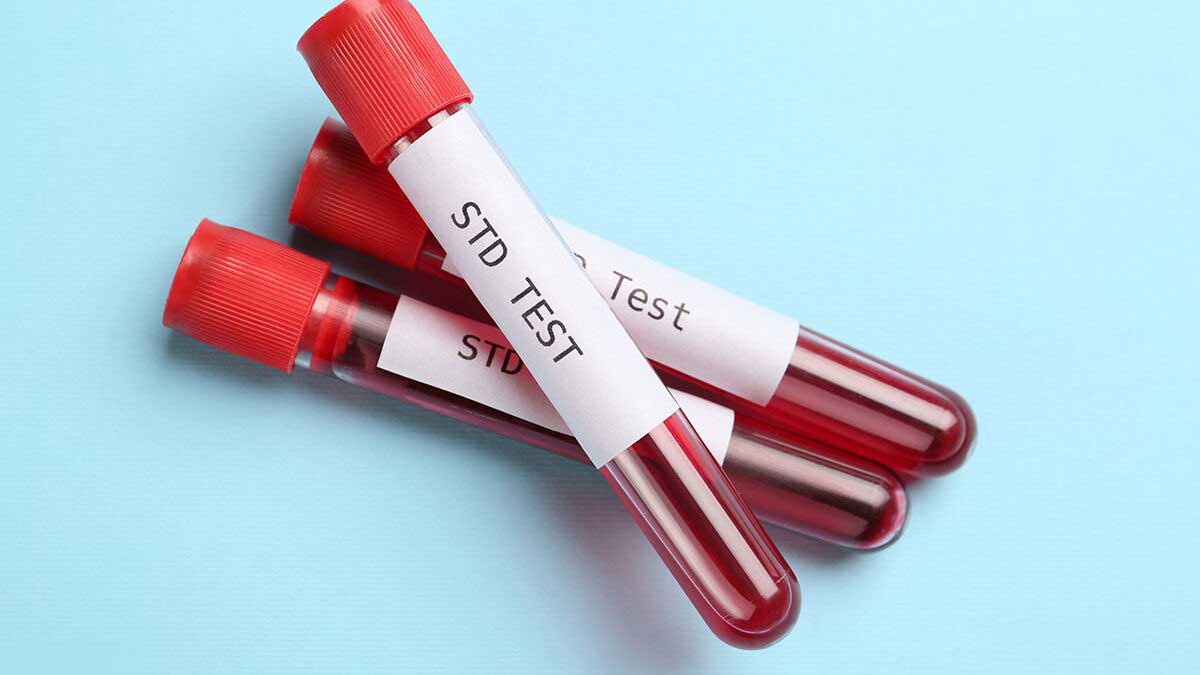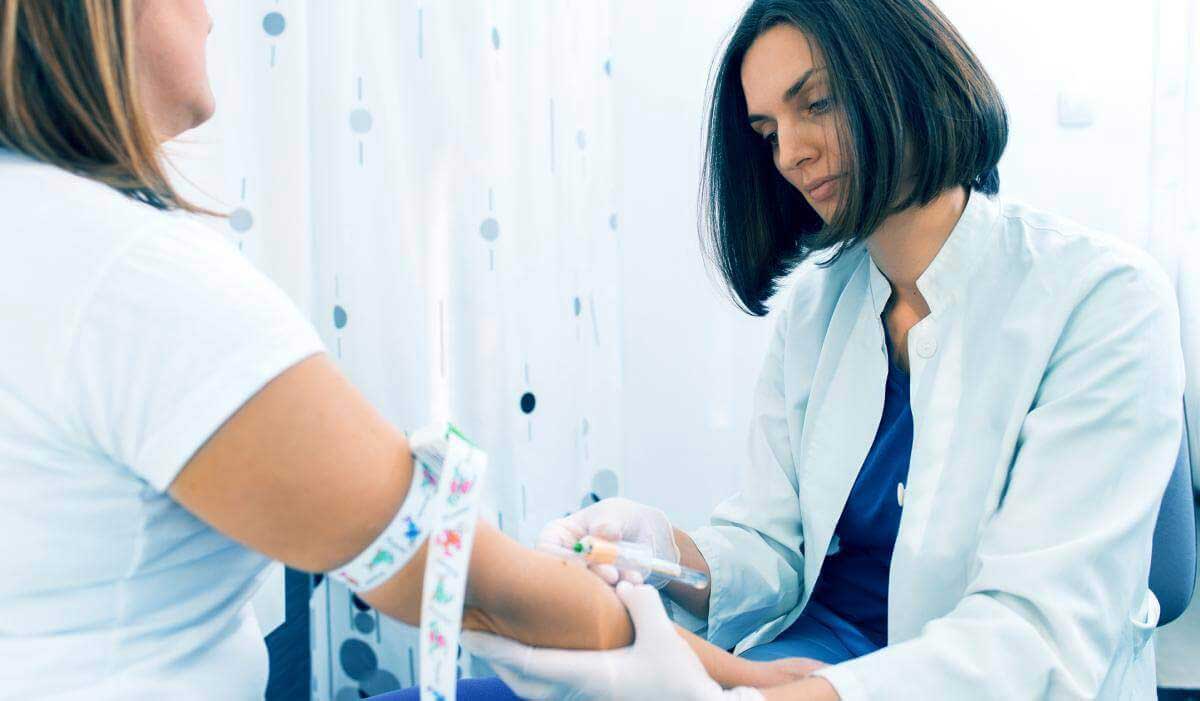Sexually transmitted diseases (STDs) are a widespread public health concern that affects people of all ages, genders, and sexual orientations. The importance of regular STD testing cannot be overstated, as it plays a vital role in protecting your health and the health of your sexual partners. In this comprehensive guide, we will explore why regular STD testing is crucial and provide you with essential information on how to get tested and stay safe.
Why Regular STD Testing Matters?
Early Detection Saves Lives
Many STDs might not show any symptoms in their initial phases. Regular testing allows for the early detection of infections like HIV, syphilis, and chlamydia. When detected early, these conditions can often be effectively treated, preventing serious health complications.

Prevent the Spread of Infections
STDs can be easily transmitted to sexual partners, even if you don’t have symptoms. By knowing your STD status through regular testing, you can take appropriate measures to protect your partners from infection, demonstrating responsible and considerate behaviour.
Peace of Mind
Regular STD testing can provide peace of mind, knowing that you are taking control of your sexual health. It can alleviate anxiety and uncertainty, allowing you to enjoy a fulfilling and satisfying sex life.
Who Should Get Tested?
STD testing is recommended for anyone who is sexually active, regardless of their gender, age, or sexual orientation. However, there are certain high-risk groups that should be especially vigilant about regular testing, including:
Young Adults: Adolescents and young adults between the ages of 15 and 24 have the highest rates of STD infection. Regular testing is crucial in this age group.

LGBTQ+ Individuals: LGBTQ+ individuals may face unique risks due to stigma, discrimination, and sexual practices. Routine testing is essential for their sexual health.
People with Multiple Partners: If you have multiple sexual partners or engage in unprotected sex, you are at higher risk and should get tested regularly.
Individuals with a History of STDs: If you’ve had an STD in the past, you are more susceptible to reinfection. Regular testing can help monitor your status.
How and Where to Get Tested?
Healthcare Provider: You can schedule a confidential STD test with your primary healthcare provider. They can offer guidance on which tests are appropriate based on your sexual history.
Local Clinics: Many community health clinics and Planned Parenthood centres offer affordable and confidential STD testing services. These clinics are often LGBTQ+-friendly and provide a safe and inclusive environment.
At-Home Test Kits: Several companies offer at-home STD testing kits that allow you to collect samples in the privacy of your home and send them to a lab for analysis. These kits can be a convenient option, but it’s important to choose a reputable and FDA-approved provider.
Regular STD testing is an essential aspect of responsible and proactive sexual health management. It empowers you to take control of your health, protect your partners, and detect infections early for effective treatment. Remember that getting tested is a responsible and considerate choice that contributes to a healthier and safer sexual community for all. Prioritize your sexual health by making regular STD testing a part of your routine.
Ready to take charge of your sexual health? Schedule your confidential STD testing appointment today with Texas Specialty Clinic, contact us now at (469) 496-2454.
